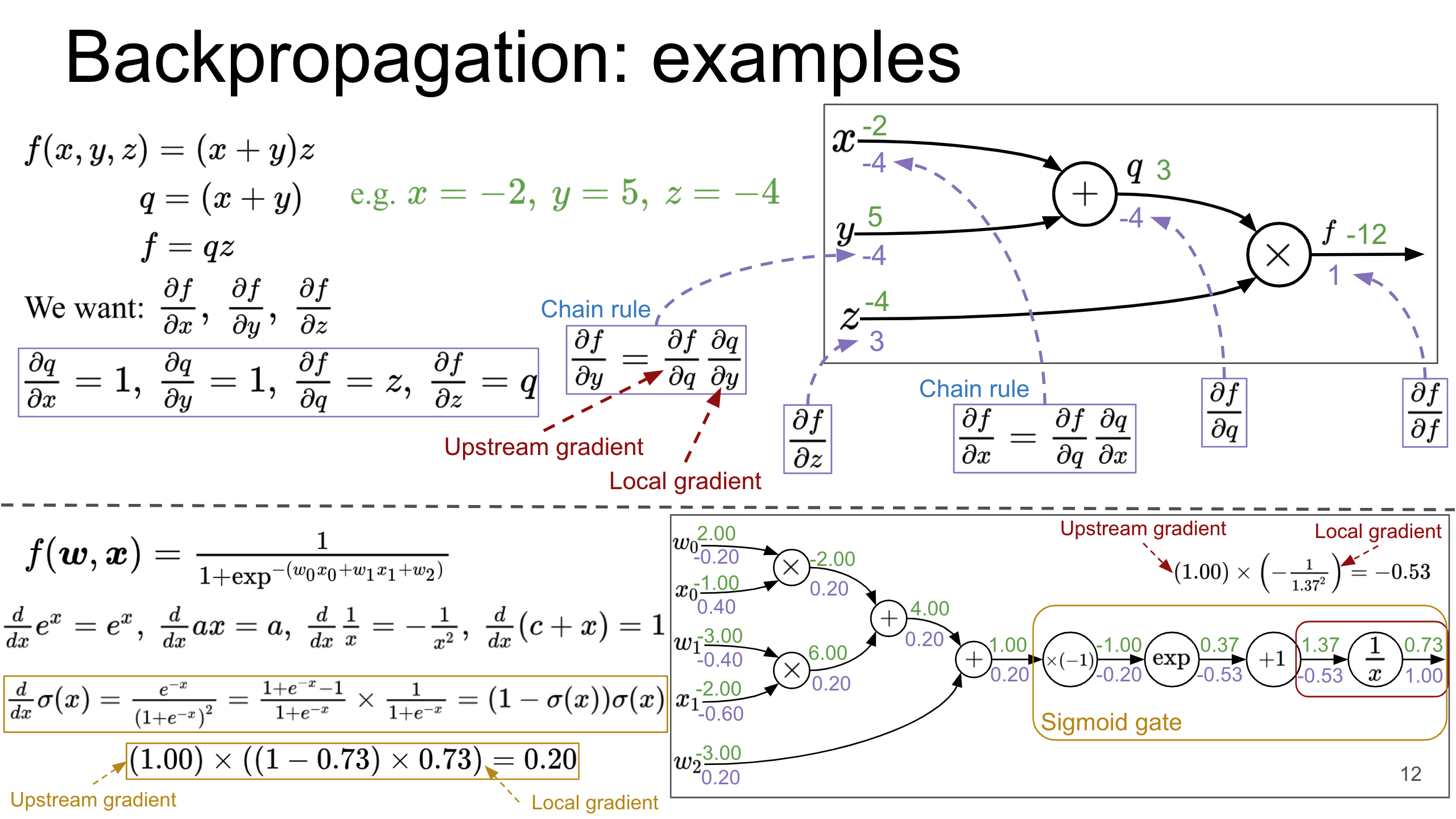Παρουσίαση/Προβολή

Deep Learning (MS-IS PT)
(INF485) - Prodromos Malakasiotis
Περιγραφή Μαθήματος
Overview
Deep Learning has gained significant attention over the past few years leading to state-of-the-art methods for several tasks concerning text and image processing (e.g., machine translation, object recognition in images, etc.). The course will be a mix of theory and practice, covering the basic deep learning theory and providing examples of how to build deep neural networks in practice with popular Python tools, e.g., Keras, PyTorch, etc.
Key outcomes
By the end of the course, the students will be able to understand the basic theory of deep learning as well as the intuition behind specific deep architectures for specific tasks. They will also be able to use popular tools (Keras, PyTorch) to develop, train and evaluate complex neural networks.
Prerequisites
This is mainly a hands-on course. Students will spend a significant amount of time on developing neural networks in Python with PyTorch and/or Keras. The course does not assume any prior experience in Python. However, basic knowledge of programming and computer science concepts is required.
Bibliography
- Deep Learning (Adaptive Computation and Machine Learning), Ian Goodfellow, Yoshua Bengio and Aaron Courville, MIT Press, 2016, ISBN-13: 978-0262035613
- Neural Networks and Deep Learning, Michael A. Nielsen, Determination Press, 2015.
- Grokking Deep Learning, W. Trask, Manning Publications, 2018, ISBN-13: 978-1617293702.
Teaching methods
One 3-hour lecture per week, programming homework assignments.
Assessment Criteria
This is a practical course; students will be graded via a programming assignment where they will develop neural networks for specific tasks.
Ημερομηνία δημιουργίας
Τρίτη, 5 Απριλίου 2022
-
Δεν υπάρχει περίγραμμα
 (1)-1.png)